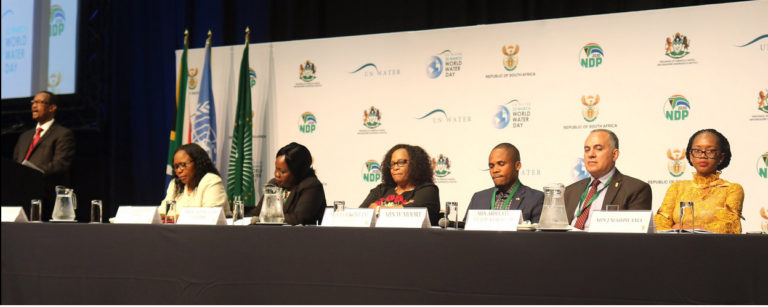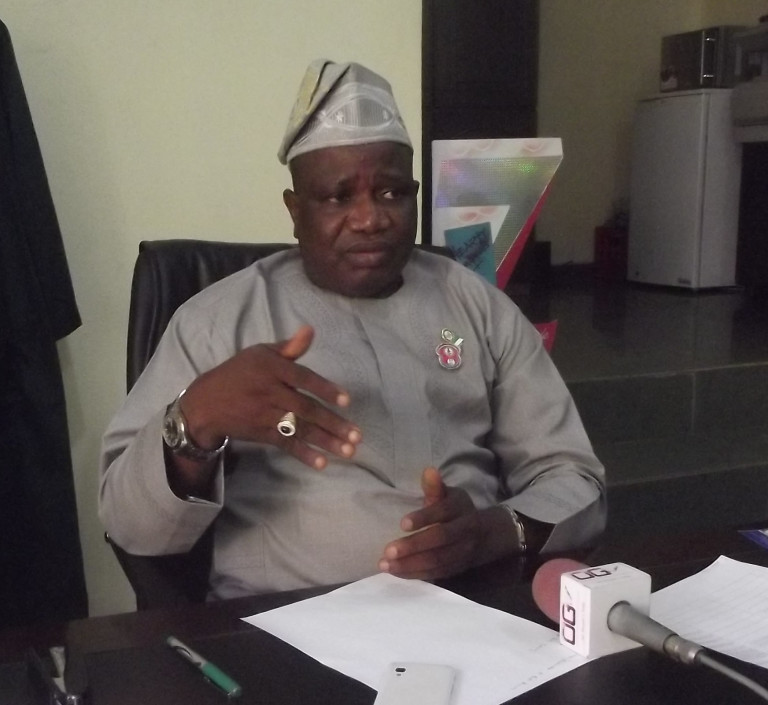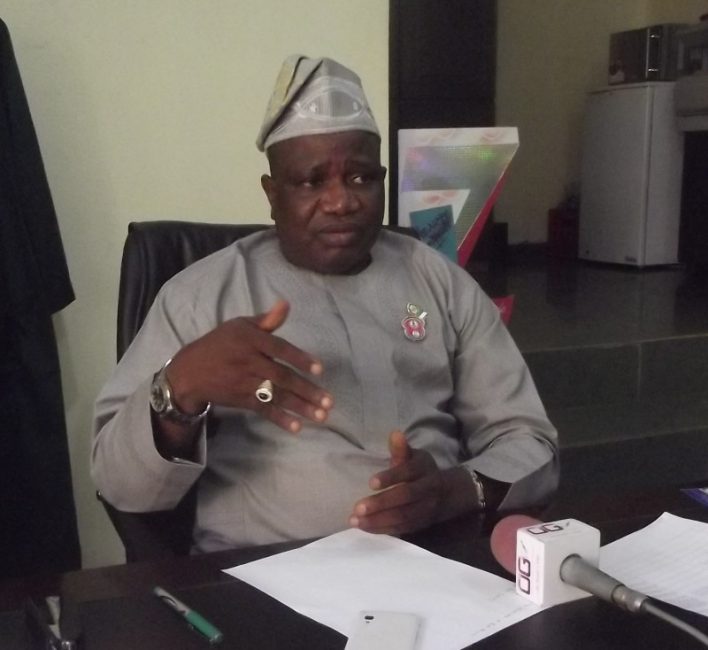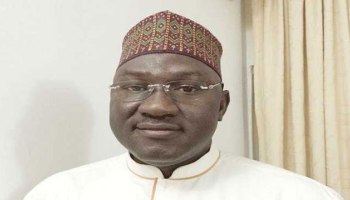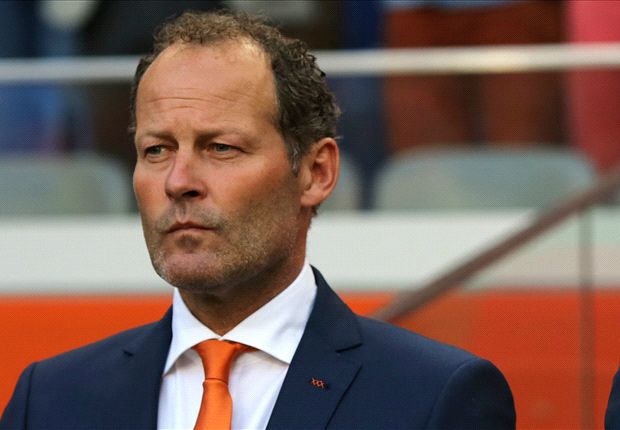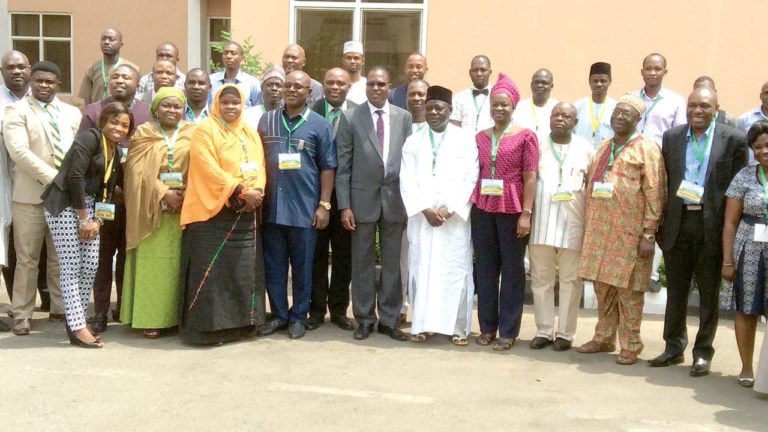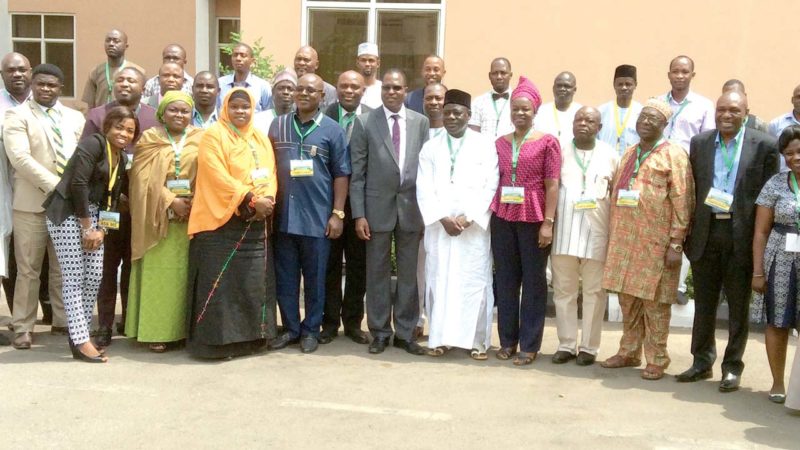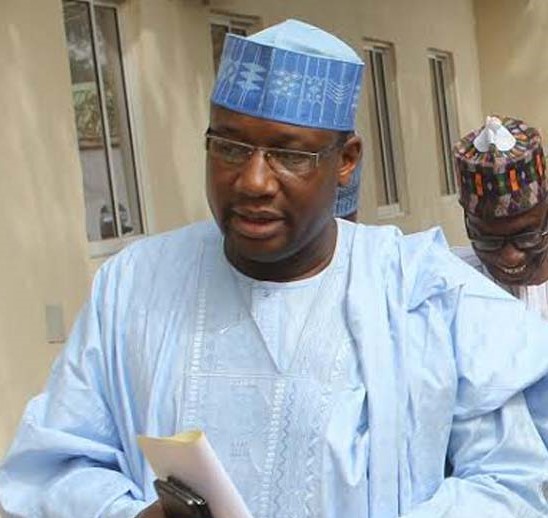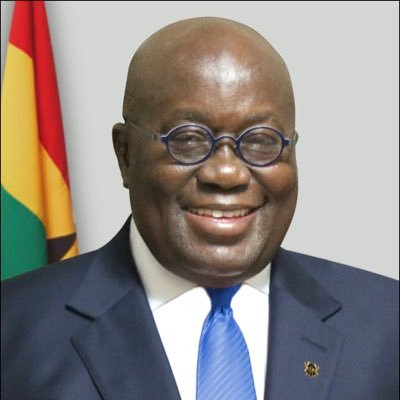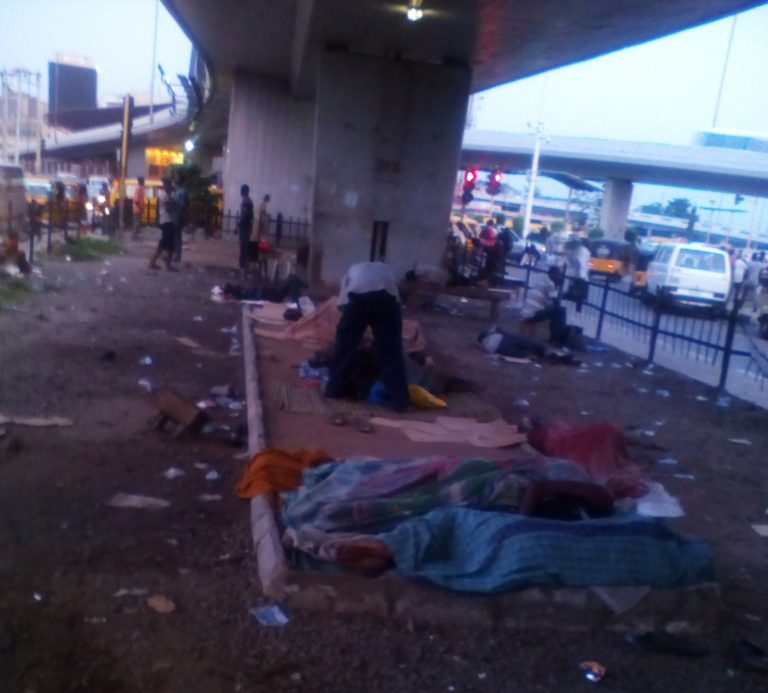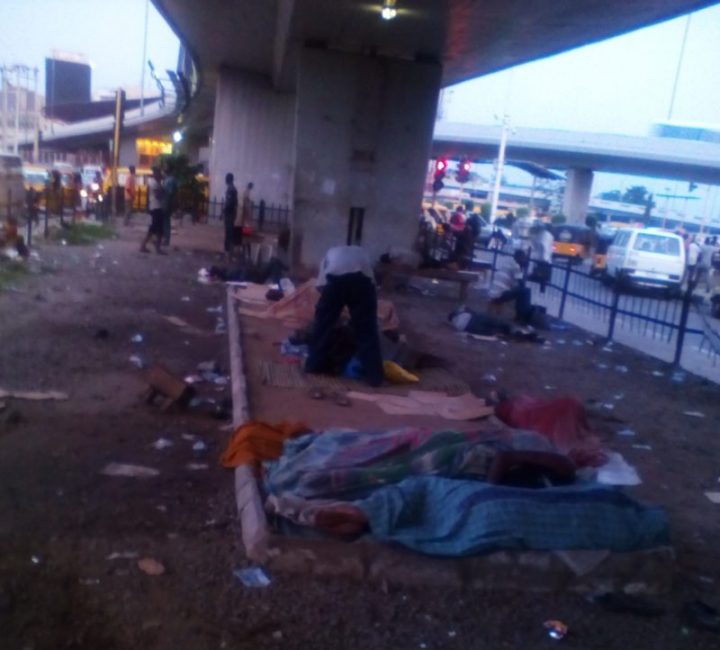Arising from the 2017 World Water Day Celebrations and the Global Launch of the UN World Water Development Report 2017 entitled: “Wastewater: The Untapped Resource” which ended on Sunday, March 26 2017 in Durban, the Republic of South Africa, water and sanitation ministers from across Africa have adopted the Durban Political Declaration for accelerating the implementation of the sustainable development goals (SDGs).
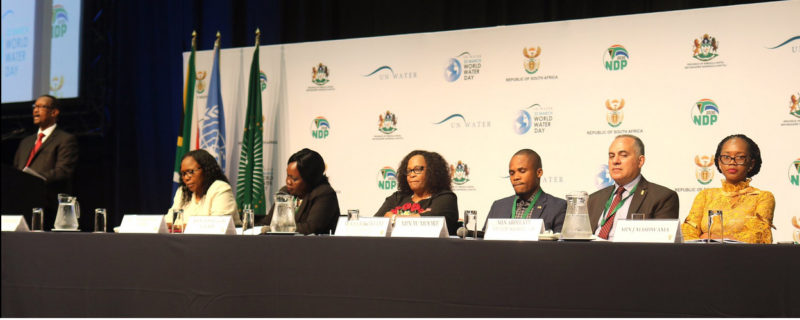
The adoption of the political declaration which coincided with the announcement of the “Call for Action” towards the implementation of the SDGs with particular emphasis on Goal-6 (Water and Sanitation) was graced by members of the High Level Panel on Water (HLPW), leaders of the African Ministers’ Council on Water (AMCOW), Inter-sectoral Ministers, UNESCO Special Envoy for Water in Africa, UN Agencies, private sector and civil society leaders.
The Durban Political Declaration agreed by all Political leaders mirrors the key principles, pillars and vision of the African Union, AMCOW, and HLPW Action Plan in support of the implementation of the SDGs. The Political Declaration seeks to encourage the acceleration plans and programmes and commit to the rollout of the Action Plan initiative.
In this latest declaration which recalled the African Union Heads of State and Government decision on the implementation of the July 2008 Assembly Declaration on the Sharm El Sheikh Commitments for Accelerating the Achievement of Water and Sanitation Goals in Africa; the eThekwini Declaration on Sanitation and its accompanying actions adopted in South Africa in February 2008; as well as the recent Dar Es Salaam Roadmap for Achieving the N’gor Commitments on Water Security and Sanitation in Africa adopted in Dar Es Salaam, United Republic of Tanzania on July 26, 2016, water, sanitation and inter-sectoral ministers from the five Africa sub-regions resolved and committed themselves to supporting and strengthening the implementation of SDG-6 and related goals by ensuring coherence in the implementation of our policies in line with the HLPW Action Plan.
The ministers also declared their commitment to supporting and sharing the best Practice Models initiatives championed by regional leaders who serve as members of the High Level Panel on Water, notably Presidents of Senegal, South Africa and Mauritius. This, according to the declaration, is in line with the Africa Water Vision 2025 which envisages “an Africa where there is an equitable and sustainable use and management of water resources for poverty alleviation, socio-economic development, regional cooperation, and the environment”.
Recalling the aspirations and commitments espoused in Africa’s Agenda 2063 which envisions the optimal use of Africa’s resources towards ensuring positive socio-economic transformation; the 2004 Sirte Declaration on integrated development of Agriculture and Water in Africa; and the 2008 Tunis Declaration on Accelerating Water Security for Africa’s Socio-Economic Development; the High Level Political Declaration commits African governments to increasing budgetary allocation to match the central role of water security and sanitation in Agenda 2030 and in line with the Sharm El Sheikh declaration.
To drive this, the ministers urged the African Ministers’ Council on Water (AMCOW, African Development Bank (AfDB) and African Union Commission (AUC) in collaboration with development partners, to convene meetings of Ministers responsible for Water, and Finance to develop and implement appropriate financing policies and models for water and sanitation.
The declaration further requests the African Heads of States and Government through the AUC to prioritise Water and Sanitation as essential ingredients to Africa’s Economic Development and Growth. On this note, the ministers advocated the designation of AMCOW as the Technical Advisory Committee within AU Specialised Technical Committee on Agriculture, Rural Development, Water and Environment to champion the implementation and monitoring of SDG-6 at the political level.
African ministers and members of the High Level Panel on Water welcomed AMCOW’s launch of the Pan-African web-based monitoring and reporting system for water and sanitation sector which is linked to the global monitoring processes and called for efforts to strengthen and institutionalise harmonised monitoring and reporting system at member states, sub-regional, and basin levels to report on actions taken to implement these High Level Declarations including Political Declaration commitments.
Courtesy: PAMACC News Agency

